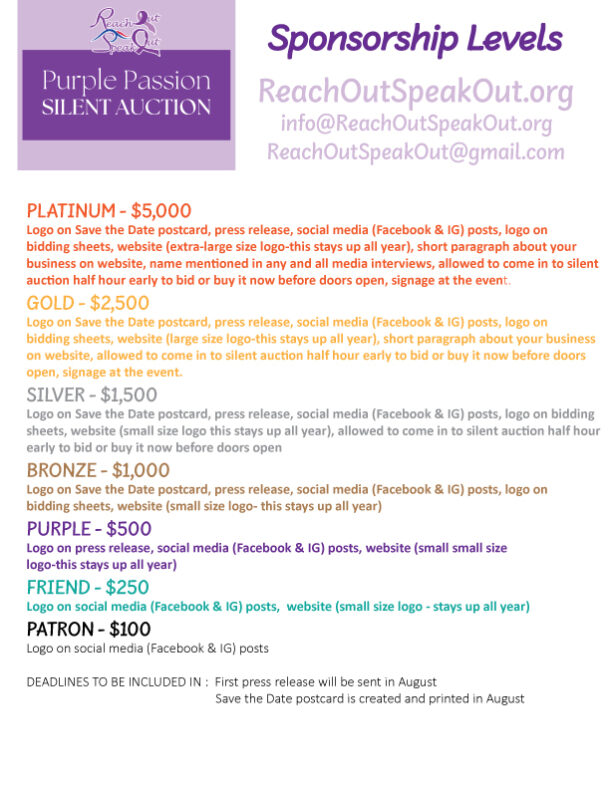
by Michael Neely | Jun 2, 2023 | Domestic Violence
Too often survivors are rushed into forgiveness. This is not wise because it is what I call easy forgiveness. Unless the severity of the offense has been dealt with in detail the forgiveness is only superficial, and the survivor is never truly set free. My advice for...

by Michael Neely | Jun 2, 2023 | Domestic Violence
Finally, choosing the right organizations to seek help from is paramount. Healthy domestic violence organizations seek to empower the victim instead of controlling them. You can easily become a victim of organizational abuse. The same principle applies to your place...

by Jan Porter | May 2, 2023 | Domestic Violence, Leaving
WEEK ONE…Jan Porter Many of us people of faith feel we need to fix or change someone and that it is our responsibility to do it. And…if the individual we are trying to “help/fix” doesn’t change we take on that responsibility and usually feel hurt. WOW,...

by Jan Porter | May 2, 2023 | Domestic Violence, Leaving
WEEK TWO…Jan Porter Proverbs 3:5-7 5 Trust in the LORD with all your heart and lean not on your own understanding; 6 in all your ways submit to him, and he will make your paths straight. 7 Do not be wise in your own eyes; fear the LORD and shun evil. As I write...

by Jan Porter | May 2, 2023 | Domestic Violence, Leaving
WEEK THREE…Jan Porter I like to refer back to the book of James. If I feel myself slipping back into codependency or my thoughts are how to “correct/help/fix” someone else, I go back and look at myself to make sure I am in God’s will. Then you will not have time...

by Jan Porter | May 2, 2023 | Domestic Violence, Leaving
WEEK FOUR…Jan Porter Now that you realize that you are codependent and you are working not to be codependent, there is another ugly matter that pops through called Boundaries. You don’t have any! The people you have been trying to “fix” have crossed many of your...








